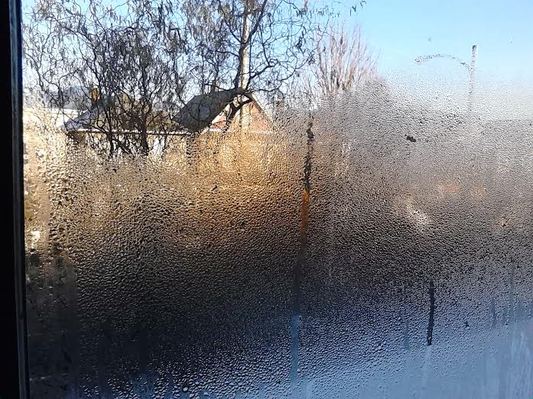Three days ago, we had the first snowfall of the season, and it’s still on the ground. Here in Canada, everything is cold and white right now, and I sleep under thick blankets, type next to a space heater during the day, and try to learn how to dress properly with layers and layers of wool. I still remember those TV infomercials a few years ago about “Snuggies,” the blankets with arms that looked like cultic robes when the ad showed what looked like a family of suburban Druids enjoying a nighttime camp fire in their matching fleece ensemble. Now I am cold enough to wear a snuggie around the house without shame, cold enough not to care whether I look like an infomercial from the last decade or a member of a pagan cult.Advent has just begun: the season of waiting for the first spark of hope in the dead of winter, of looking for signs of life in the midst of death. Even Christmas itself will not the triumphant victory of Easter–it will be the quiet celebration of hope born into the world, even while oppression reigns. Shepherds and wise men visit this child in secret, because baby Jesus will still have to flee Herod’s genocide and grow up under foreign occupation before he leads justice to victory and inaugurates the Kingdom. I feel the tension and the hope of this waiting, this hope that is stubborn but uncertain of when fulfillment and completion will come.
I look at squirrel and bird tracks in the snow on the roof outside my window as I edit the manuscript of my book. The scenes outside are so different from the ones that linger in my mind. I’m writing about my life in India: what it was like to be an outsider accepted into community across boundaries of race, religion, culture, and socioeconomic background. I’m writing about how life with Muslim friends shaped my own faith, and how confronting suffering in the lives of my neighbors who were materially poor has challenged me to make sense of where God is in the midst of all the pain. I’m writing about how Muslims and Christians and rich and poor need one another, about what it means for us to love our enemies, and about the changes that community brings in us as individuals and in our world. I’m primarily writing about my own journey, and the love that I have continued to discover no matter how far I travel in any direction.
The process of writing has been good for me. It forces me to be present to process rather than destination, and this is certainly a process over which I have only limited control and knowledge about how long it will take or what the final result will be.
But it’s difficult, because sometimes spending my days writing feels like living with ghosts—not only of my friends and neighbors in India, but of many of my own dreams, expectations, and self-definitions as well. Aside from that, daring to ask for help, to show my writing to others, or to even say out loud that I am working on a book brings my insecurities out of the shadows, revealing my fears about whether this story really will come together in the end, whether it will get published, what people will think about it (and about me) if it is published.
But I believe that it is a story worth telling, even a story that needs to be told, and so I keep on writing. I am struggling, not to bring characters to life, but to allow the vibrant life of the real people I have known to shine through the pages. I want you to see them, to care about them, to learn from them. I am still learning from them myself.
Advent has begun: the season of waiting, expectation, and hope. Whispered promises of new possibilities to come. I am living towards these possibilities, working towards what, as yet, I have never seen but still believe is possible. I struggle on despite my fears, my fresh memories of loss, and the uncertainties of the future.
I trust that new life can begin even in the dead of winter, that those whispers of hope are trustworthy, and that we are but the midwives of the dreams God wants to birth into this world.
Stay tuned.
